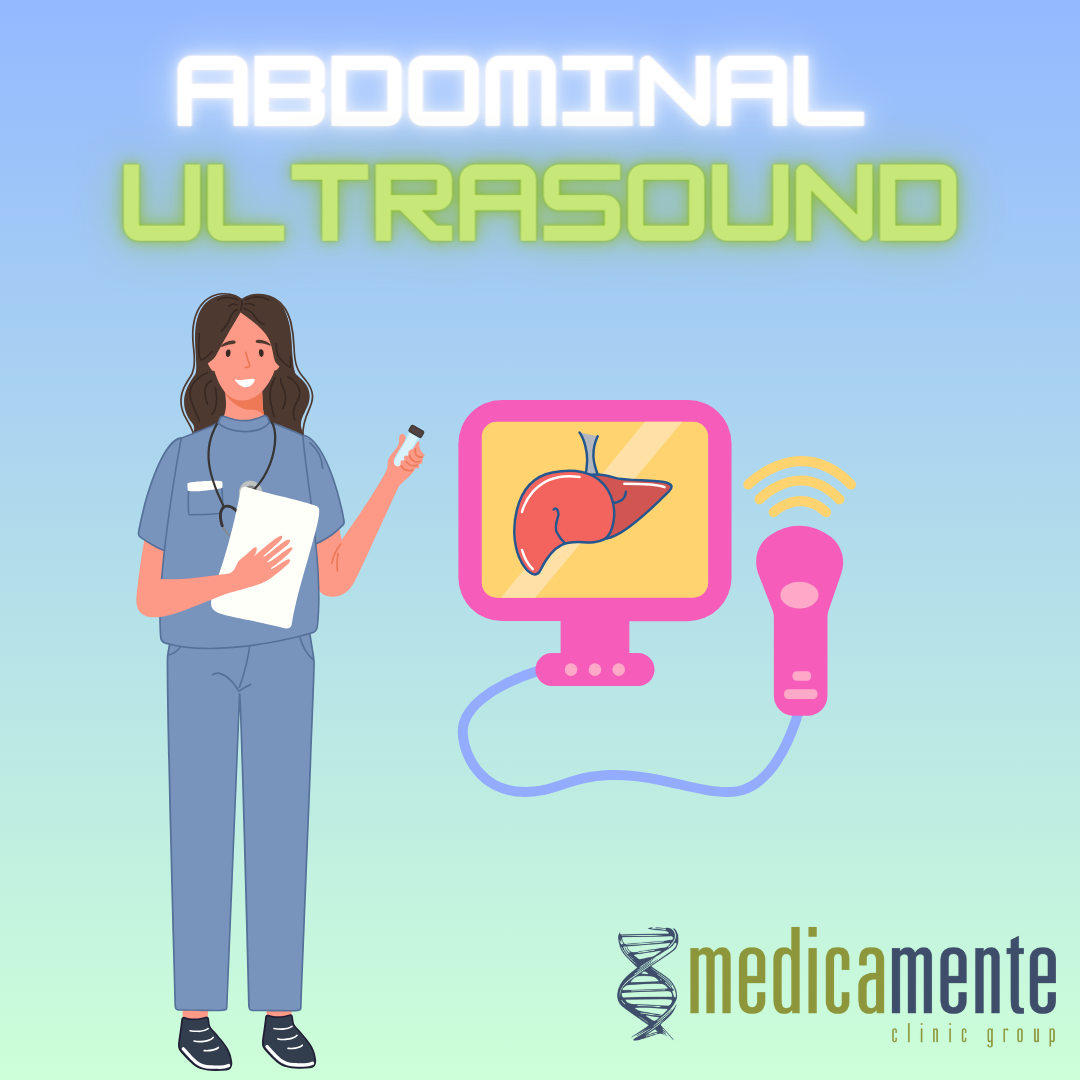
Abdominal Ultrasound — one of the most common examinations performed by our doctors. This procedure allows for a quick and painless assessment of the condition of abdominal organs, helping to detect tumors and other abnormalities
Abdominal Ultrasound includes:
- Liver: cirrhosis, hepatitis, fatty liver, cysts, hemangiomas, and tumors.
- Pancreas: pancreatitis (inflammation), pancreolithiasis (stone formation), and cysts.
- Gallbladder and its ducts: congenital anomalies, inflammation (cholecystitis), functional disorders (dyskinesia), accumulation of fluid (hydrops), and gallstone disease.
- Spleen: enlargement, new growths, abscesses, and traumatic rupture.
The indications for this ultrasound are quite extensive and include abdominal trauma, pain in the right and left upper abdomen, nausea, metallic taste in the mouth, infectious diseases, obesity, and more. Additionally, it's recommended to undergo this examination annually, even if you have no symptoms. Detecting any illness at an early stage is always preferable to dealing with advanced cases and complications.
To ensure the ultrasound provides accurate results, don't forget to prepare for it. The examination must be done on an empty stomach, so for three days leading up to it, avoid foods that can cause gas, such as milk, cabbage, legumes, and sweet carbonated drinks. The examination should be done on an empty stomach and after bowel cleansing.
Write a review
Required fields are marked with *
Categories
- News (34)
- Therapy (31)
- GP (23)
- Endocrinology (8)
- Cardiology (8)
- Ortopedics (4)
- Dermatology (3)
- urology (1)
- Check-up (1)
- Ultrasound (1)
Articles
Archive
- January 2026 (8)
- December 2025 (6)
- November 2025 (6)
- October 2025 (6)
- September 2025 (6)
- August 2025 (7)
- July 2025 (4)
- June 2025 (11)
- May 2025 (9)
- April 2025 (5)
Categories
- News (34)
- Therapy (31)
- GP (23)
- Endocrinology (8)
- Cardiology (8)
- Ortopedics (4)
- Dermatology (3)
- urology (1)
- Check-up (1)
- Ultrasound (1)









Comments (0)